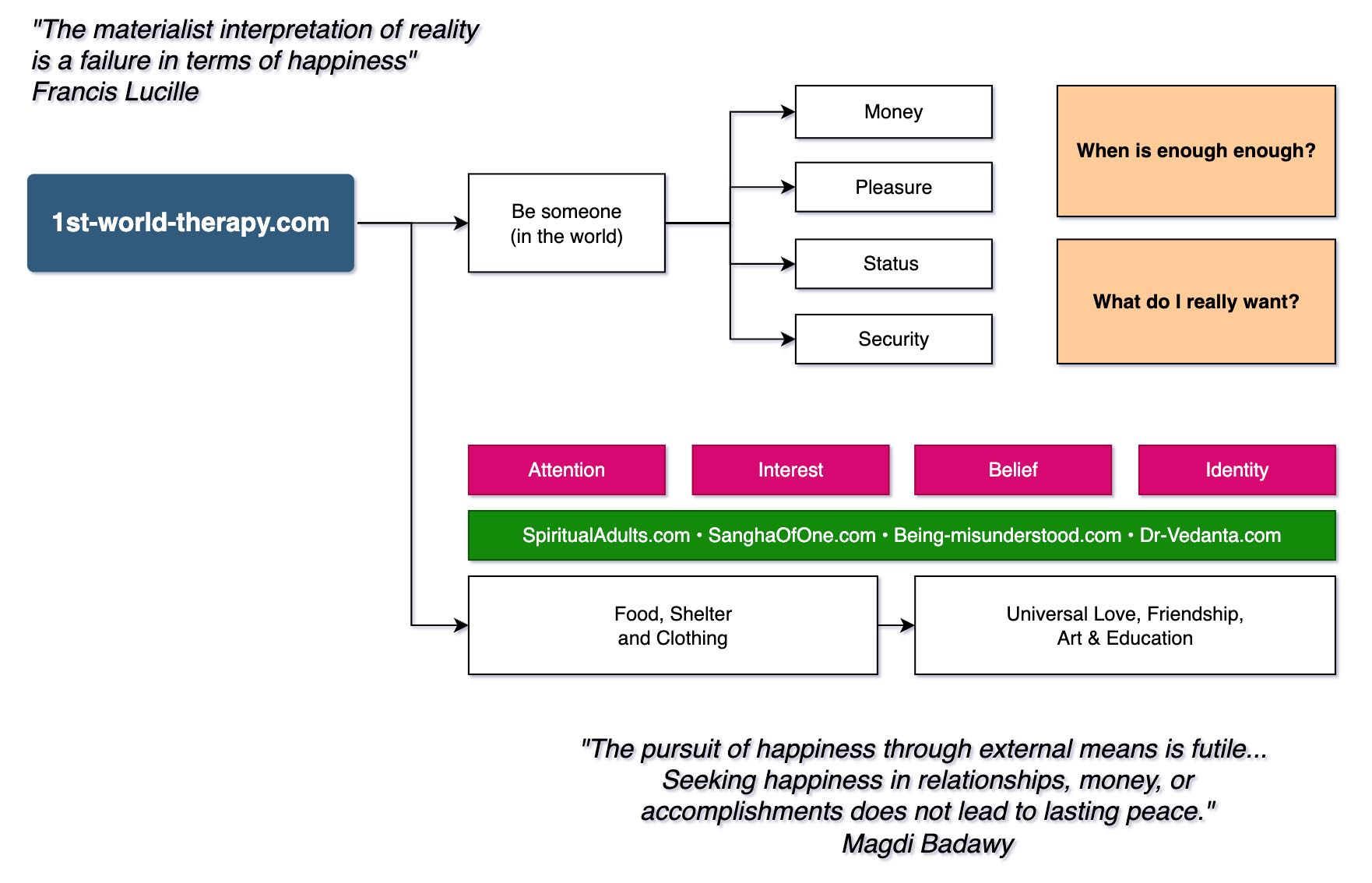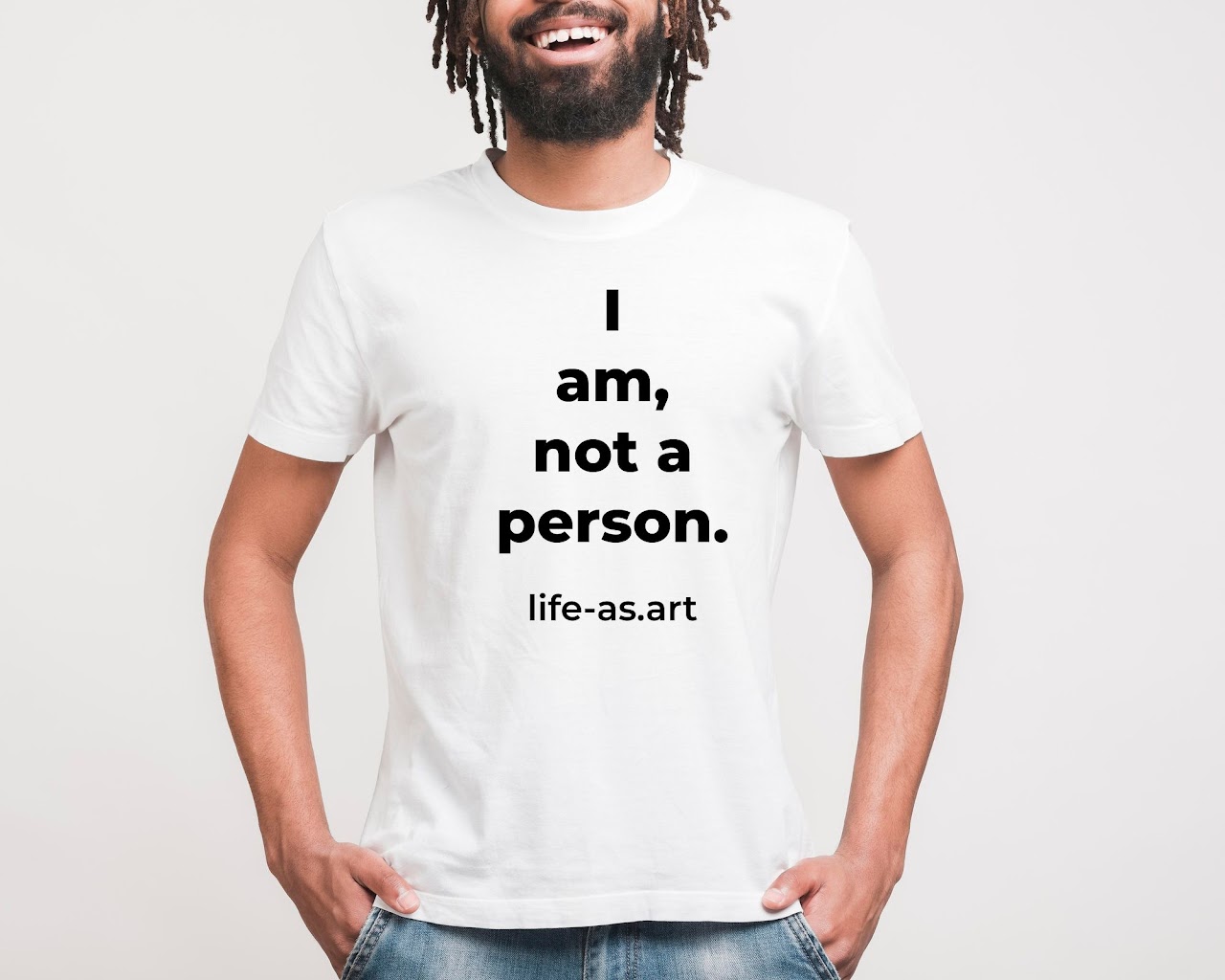Tag: personal to impersonal
-

Unhappiness: … relax the tendency to try to figure things out.
“Magdi discusses unhappiness in the context of recognizing one’s true nature as formless awareness and understanding the illusory nature of the personal self. Here are some key points…”
-

What is the ‘person’, that is burdened?
The ‘person’ that is burdened is an illusionary self created by the mind. It is the belief that you are a separate, individual entity, defined by your thoughts, feelings, memories, experiences, and identifications with things like your job, family, tribe, or body…. This belief leads to a sense of limitation, lack, and separation from the…
-

What does Magdi say about friendship?
Friendship as Part of the “Waking Dream” While Magdi doesn’t directly discuss friendship in these sources, the teachings offer a broader context in which friendship can be understood. The concept of the “waking dream” helps to reframe how we approach relationships, including friendships. ● Magdi describes the human experience as a “waking dream,” where we…